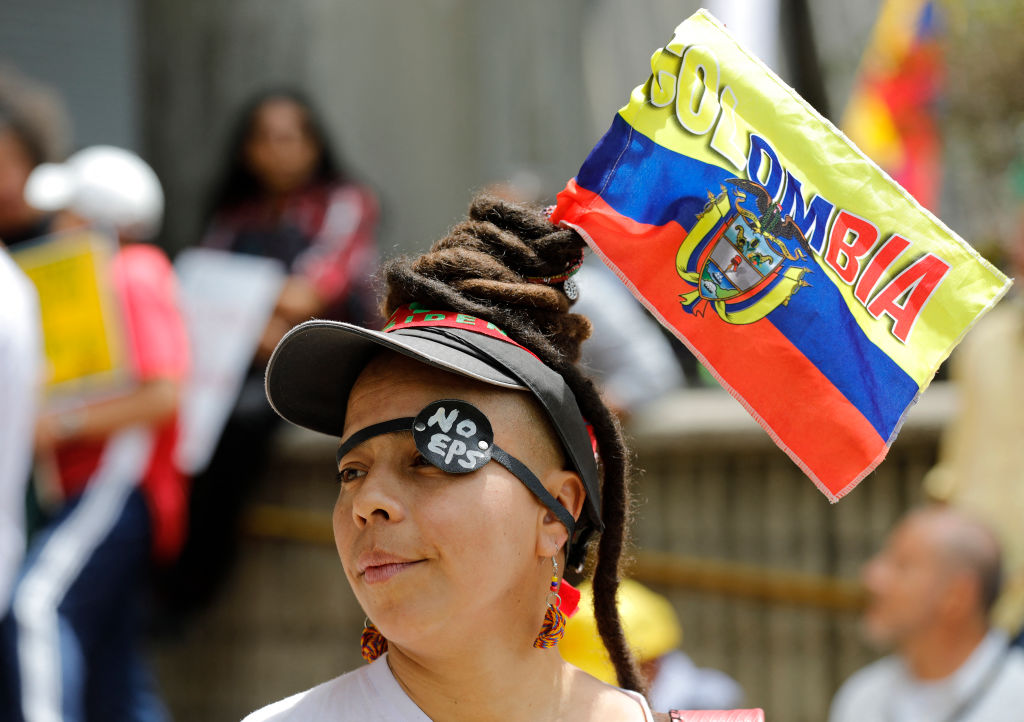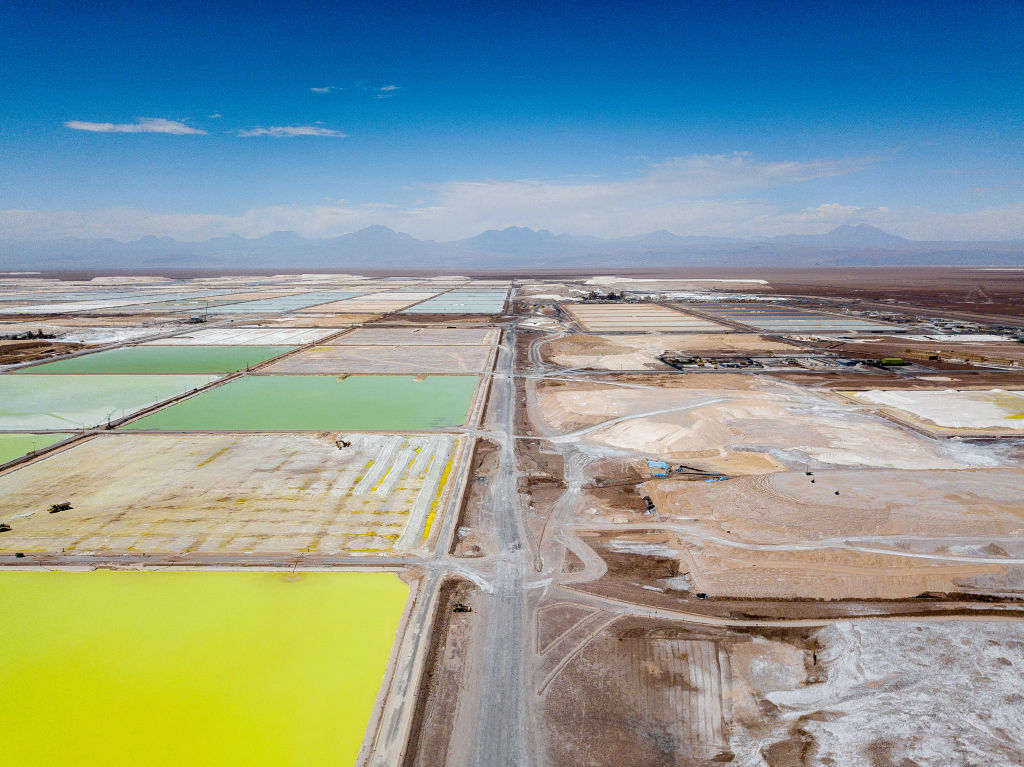Chile Update: Effects of the Global Economic Crisis
Chile Update: Effects of the Global Economic Crisis
Aiming to create jobs and mitigate the effects of the global financial crisis, President Bachelet announced the largest economic stimulus plan in Chile's history. President Bachelet continues to see a boost in her popularity, ahead of the December 2009 presidential elections.
Stimulus Plan
On January 6, 2009, President Michelle Bachelet announced the largest economic stimulus plan in Chile’s history with the goal of minimizing the effects of the global economic crisis. The $4 billion plan is aimed at creating the conditions for a steady growth rate of 2 to 3 percent along with the creation of 100,000 jobs. Subsidies, tax rebates and a $1 billion capitalization for state copper producer Codelco are the key foci of the package. In total, the plan will allow for a 10.7 percent increase in fiscal spending in 2009.
Chile’s economic stimulus is being funded through a conservative fiscal plan that had saved proceeds during the commodities boom, and will draw from the $22 billion of copper earnings saved in sovereign wealth funds as well as from new bonds.
The new stimulus package comes after the government had previously disclosed a $1.15 billion package in November 2008 to stimulate lending to middle-income families and small and medium-sized businesses. "All these measures, one way or another, stimulate internal demand," Minister of Finance Andrés Velasco told reporters. "Good economic theory suggests that when external demand slackens, you have to strengthen domestic demand."
Economic Numbers
Chile is considered one of the most transparent, safe, and stable countries in Latin America. But even though Chile has posted healthy growth numbers for the past few years, recent reports show that the economy grew at only 0.5 percent in December. This is the worst growth performance in a decade and come amid expectations of aggressive interest rate cuts. Forecasts suggest a trade deficit of $2.9 billion in 2009 as the outlook for copper prices falls and domestic demand continues to slow. In fact, in January 2009, the trade surplus decreased by 71 percent, with exports dropping by 41 percent.
The drop in copper prices has hit Chile especially hard. Since a historical high of $4 per pound in July 2008, the Central Bank of Chile now registers copper prices at an average of $1.50 per pound. Rodrigo Aravena, head of economic research at Banchile brokerage, forecasts that the January economic activity data—to be released this month—will likely be flat or negative. An economic survey published this month by the Central Bank of Chile, the Encuesta Mensual de Expectativas Económicas, reports that Chile’s economy may expand only 1.2 percent in 2009.
As is being seen globally, the economic crisis is taking a hit on construction and investment. Cencosud, one of Latin America's largest retailers, started to gradually delay construction work on a $500 million real estate complex, the Costanera Center project, in Santiago. Chile’s mining sector, considered the best performing sector in recent years, has lost approximately 12,000 jobs in 2008, and if the crisis worsens, that number is forecast to increase in 2009, according to Alfredo Ovalle, Chairman of the National Mining Society (Sonemi). In total, mining sector exports are expected to decline by almost 50 percent this year in comparison to 2008, reaching $21.5 billion, according to Sonemi.
Bachelet’s Approval Jumps
Although the financial uncertainty is posing challenges for the popularity of many heads of state, President Michelle Bachelet is seeing her approval ratings reach new heights. According to the latest Adimark survey (January 2009), President Bachelet approval reached 53.1 percent in January, her highest mark since December 2006 when support was recorded at 54.3 percent. Since September 2008, when she had the support of 42 percent of Chileans, the President’s popularity has increased as the global economic downturn has worsened. This has reversed the negative approval faced during the outcry over Chile’s new public transportation system (Transantiago), health and education scandals, and student demonstrations in 2006.
President Bachelet reached her highest rating in regard to her “capacity to handle the [economic] crisis situation,” with 67 percent agreeing with her actions. However, only 43.4 percent of Chileans approve of the government’s overall management of the crisis, signaling the public’s clear division between the government and the President as an individual.
Furthermore, after three months where approval ratings for the President’s center-left Concertación coalition have been below those of the opposition Alianza coalition, new numbers show the Concertación registering a slight approval edge of 2.9 percent over Alianza—important statistics as Chile warms up for its presidential election in December 2009.







